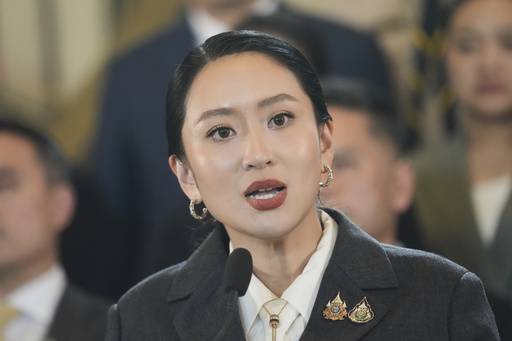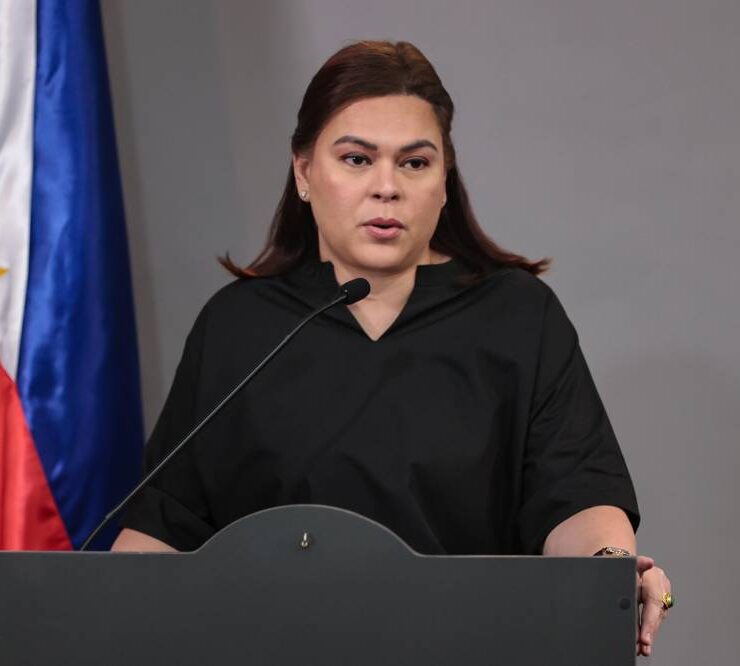Thai PM dismissed by Constitutional Court

BANGKOK—Thai Prime Minister Paetongtarn Shinawatra has been ousted by the country’s Constitutional Court, international news wire services reported citing official sources.
The Inquirer tried to verify the wire news stories but the Constitutional Court or any Thai agency had not issued any official statements as of posting time.
The Associated Press’ (AP) headline read: Thai court dismisses prime minister over compromising phone call with Cambodian leader.
The ruling said the country’s leader “violated constitutional rules on ethics in a phone call with Cambodia’s Senate President Hun Sen,” AP wrote.
Abrupt end
The agency noted that the decision meant she “immediately loses her job, which she had held for about a year,” emphasizing the abrupt end to her premiership.
Reuters provided broader political texture, underscoring Paetongtarn’s identity as the youngest premier in Thai history and a member of the influential Shinawatra family.
“Paetongtarn Shinawatra, Thailand’s youngest prime minister and daughter of former PM Thaksin Shinawatra, was dismissed from office … after just over a year in power,” Reuters reported.
The wire detailed that the case stemmed from a leaked call in which she “appeared submissive and criticized a popular Thai general,” fueling backlash and petitions from senators.
‘Final, binding’
The court, Reuters added, concluded she had “breached ethical standards and harmed national interests.”
Both outlets stressed that the court’s ruling was final and binding under Thai law, with no avenue for appeal.
Speaking outside Government House shortly after the verdict, Paetongtarn vowed to respect the decision but rejected wrongdoing.
“I have always acted in the best interests of the Thai people, and I deny any suggestion that my actions placed family above duty,” she told reporters.
The case stemmed from opposition complaints filed earlier this year, accusing Paetongtarn of blurring state duties with her family’s longstanding ties to Cambodia.
Hun Sen’s office confirmed the call, saying it touched on “regional cooperation and family matters,” but insisted “no Thai national interests were compromised.”
International coverage differed slightly in tone.
AP focused on the immediacy of her removal and the legal precedent, while Reuters contextualized the judgment within Thailand’s long history of political upheaval and military influence.
Reuters also placed emphasis on how the controversy over Hun Sen’s role in the call stirred nationalist criticism and fractured Paetongtarn’s coalition.
No full text
BBC and Al Jazeera, in follow-up pieces, leaned heavily on AP and Reuters accounts, amplifying their reporting while adding commentary from regional analysts. Both referenced the official court statement but did not publish its full text.
Together, the reports painted a consistent picture: the Constitutional Court cited ethical violations, the phone call with Cambodia’s former leader was the trigger, and the ruling instantly terminated Paetongtarn’s tenure.
But they also highlighted nuances—the symbolism of another Shinawatra family member’s downfall, the court’s decisive language on ethics, and the political ripple effects inside Thailand and across Southeast Asia.





















